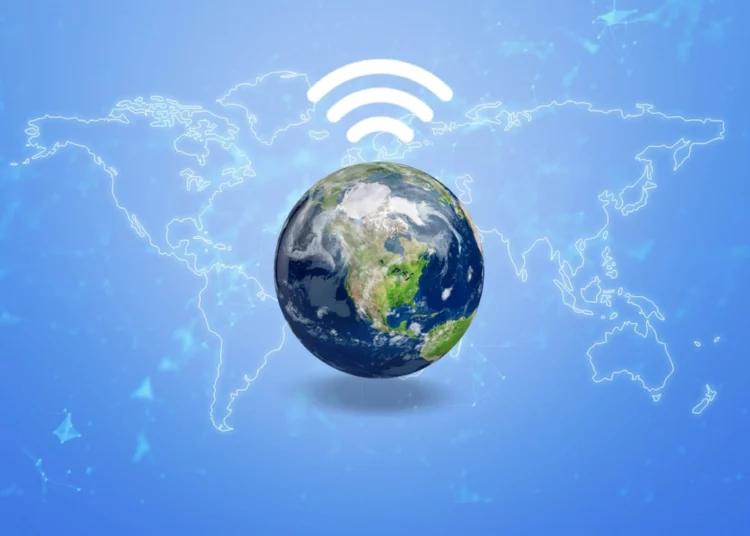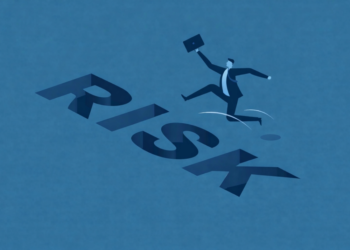Every year on August 1st, people globally celebrate World Wide Web Day. This day marks the birth of the web, reminding us of its transformative impact. Globally, people, ideas, and information are connected through the internet. It’s a time to appreciate this incredible power. However, it’s also essential to acknowledge the web’s challenges, including online privacy, cybersecurity, misinformation, and the digital divide. Addressing these issues ensures the web remains a positive force.
Everyone has a role in using the web responsibly and ethically. Protecting user privacy, combating cyber threats, and promoting digital literacy are crucial. These efforts foster a safe, inclusive online environment. Staying cyber-safe is vital in today’s digital world.
Here are eight essential tips to protect your online presence and data, recognizing threats and reducing vulnerability to cyberattacks.
- Use only trusted, secure networks and devices. Public computers and free Wi-Fi pose security risks like Man-in-the-Middle (MiTM) attacks.
- Use User IP address which is concealed by a secure Virtual Private Network (VPN), guaranteeing anonymity on the internet.
- Be cautious of phishing attacks. Don’t share personal information without verification.
- Use strong, unique passwords and multi-factor authentication (MFA).
- A password manager can help create and remember complex passwords.
- Consider using poetic passwords or passphrases.
- Always log out after transactions on secure websites. Closing the browser isn’t enough; use the “log out” link.
- Safeguard your privacy on social media. Avoid unnecessary status updates, especially about current vacations. The wrong person might see your post and take advantage of your absence.
Cyber safety is an ongoing process. Be proactive and watchful when it comes to safeguarding your data and digital identity.
Join IMPAAKT today and take charge of your digital safety with expert insights and proactive cybersecurity solutions!











